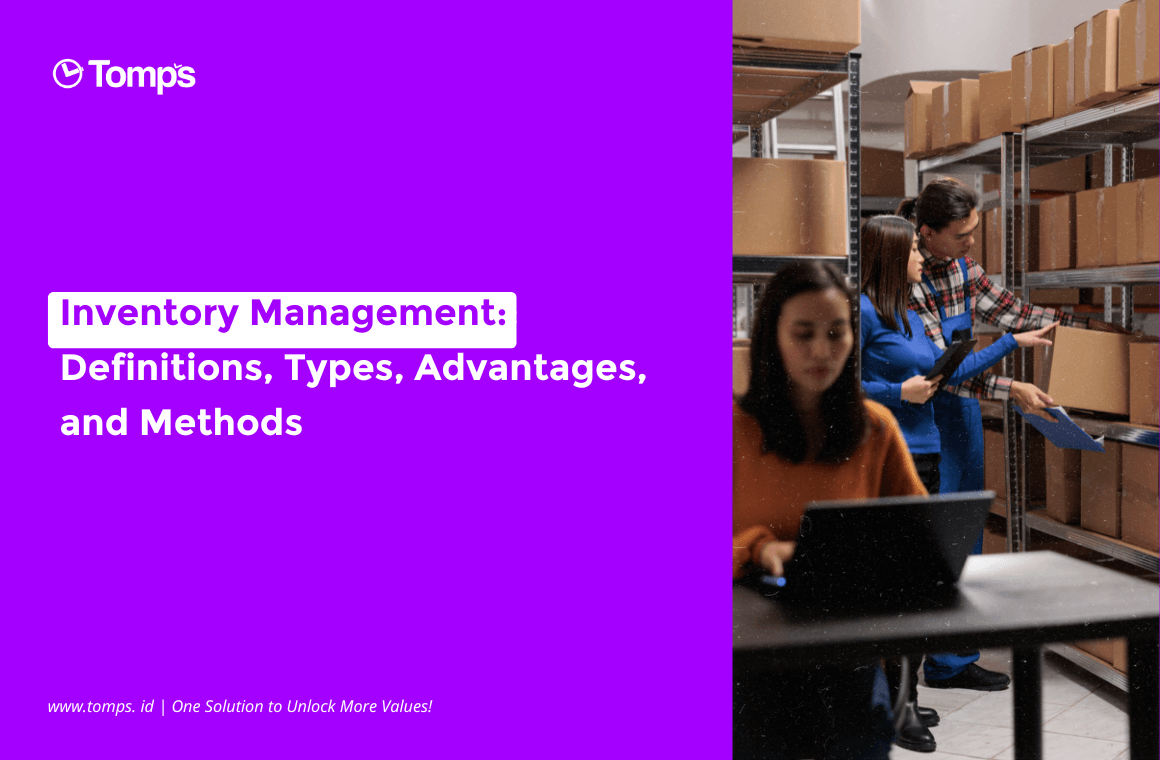Unit Price Contract is a contract for the procurement of goods or construction work with a fixed unit price for each unit or work element with certain technical specifications for the completion of all work within a predetermined time limit with several provisions, namely:
- The volume or quantity of work is still an estimate at the time the Contract is signed
- Payment based on the results of joint measurement of the realization of the volume of work
- And the final contract value is determined after all the work is completed.
Unit Price Contracts are used if the scope, quantity, or volume cannot be determined precisely due to the characteristics, difficulties, and risks of the work. Unit Price Contracts can also be used for building or infrastructure construction activities.
The payment method for the work results for unit price contracts is based on the measurement of the results of joint work on the realization of the volume of work at a fixed unit price according to the estimated volume in the list of quantities and prices and provisions in the Contract. In the concept of unit price, it must be based on the subject to change, or changes to the contract can be made.
There may be an increase or a decrease, but the total cost according to the initial estimate or CCO (Contract Change Order) or additional work or addendum on the condition that it must not increase the contract price exceeding 10% or the budget availability limit.
This unit price contract is more appropriate for work that is complex in nature and the volume is difficult to calculate in terms of quality, quantity, time, location, and cost.
(TETAP) Item Pekerjaan : Harga Satuan x Volume = Total
There are several stages related to the contract
1. Drafting of contract
It is intended to serve as a guide for the selection working group in the selection process and a guide for providers in preparing bids.
2. Contract Signing Preparatory Meeting
Prior to signing the contract, a preparatory meeting for signing the contract is held between the contract signing officer (PPK) and the provider.
3. Contract Signing
PPK and providers are required to re-examine the draft contract covering substance, language, editorial, numbers, and letters as well as affixing initials to each sheet of contract documents.
4. Contract Implementation Preparatory Meeting
Prior to executing the Contract, the PPK and the provider must hold a face-to-face meeting to discuss common understanding and contract administration.
5. Contract Control
The parties supervise the implementation of the contract either directly or through another appointed party. Contract supervision can be carried out individually or jointly by PPK, independent third parties and providers or end users.
6. Contract Change
PPK together with the provider can make changes to the contract which include increasing or decreasing the volume stated in the contract, adding or reducing the types of activities, as well as changing technical specifications and drawings according to field conditions or changing the implementation schedule.
7. Termination of Contract or Termination of Contract
a. Termination of Contract
The contract terminates in the event of force majeure. Termination of the Contract due to force majeure is carried out in writing by the PPK accompanied by the reasons for the termination of the work.
b. Expiration of Contract
The contract ends when the work has been completed. The rights and obligations of the parties contained in the contract have been fulfilled.
8. Termination of Contract
Termination of Contract is an action taken by PPK or provider for specific reasons.







